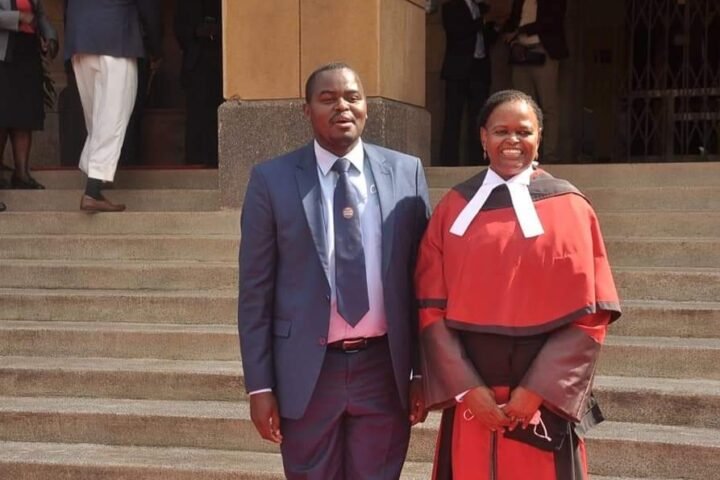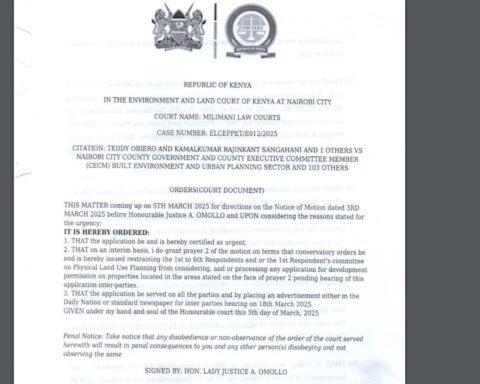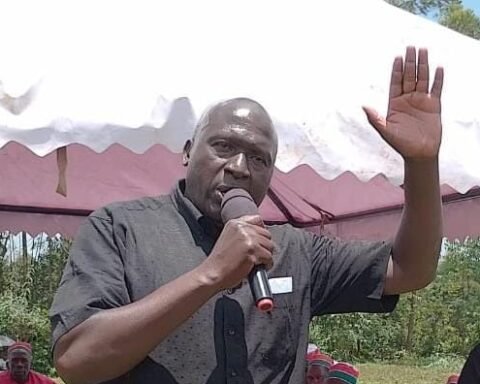The Supreme Court of Bangladesh has made a significant decision to drastically reduce the number of government jobs reserved for war veterans and their descendants. This momentous ruling follows a wave of violent student protests that have led to over 100 deaths and brought the country to a standstill. The decision marks a pivotal moment in Bangladesh’s history, with far-reaching implications for the job market and the social fabric of the nation.
Historical Context
Bangladesh’s Independence and War Veterans
Bangladesh’s struggle for independence in 1971 was a defining moment in the nation’s history. The war against Pakistan saw immense sacrifice and valor from countless individuals who fought for the country’s freedom. These war veterans have since been honored as national heroes, and their contributions have been recognized in various forms, including job reservations for their descendants.
Introduction of Job Quotas for Veterans and Their Descendants
In an effort to support the families of war veterans, the Bangladeshi government implemented a job quota system. This system reserved a significant portion of public sector jobs for the descendants of those who fought in the war, ensuring that these families had access to stable and prestigious employment opportunities.
The Quota System in Bangladesh
Original Quota Allocations
The original quota system allocated 30% of government jobs to the relatives of war veterans. This was part of a broader system that also reserved jobs for women, ethnic minorities, and other groups. The intent was to provide support and recognition to those who had made significant sacrifices for the country.
Intended Benefits and Drawbacks
While the quota system was designed to provide stability and honor the contributions of war veterans, it also had its drawbacks. Many young job seekers felt that the system was unfair and that it limited opportunities for those not covered by the quotas. This discontent grew over time, leading to widespread frustration and anger.
Rising Discontent and Protests
Causes of Student Unrest
The frustration among students and young professionals reached a tipping point as they struggled to find government jobs in an increasingly competitive market. The perception that the quota system favored certain groups at the expense of merit-based hiring fueled their anger and led to calls for reform.
Overview of Protests and Violence
The protests began as peaceful demonstrations but quickly escalated into violent clashes between students and law enforcement. Over 100 people lost their lives in these confrontations, highlighting the severity of the unrest and the urgent need for change.
Supreme Court’s Ruling
Details of the Decision
In response to the escalating crisis, the Supreme Court ruled to reduce the job quotas for war veterans’ descendants from 30% to just 5%. This decision was seen as a move towards a more merit-based system, aiming to address the grievances of the protesting students and restore peace.
Legal and Social Reasons for the Change
The court’s decision was based on the principles of fairness and equality. It acknowledged the need to support war veterans’ families but also recognized the importance of providing equal opportunities for all citizens. The ruling aimed to balance these competing interests and create a more just system.
Government’s Reaction and Implementation Plan
Official Statements from Government Officials
Law Minister Anisul Huq and other government officials have publicly supported the court’s decision, emphasizing the government’s commitment to implementing the new quota system. They have assured the public that the changes will be made swiftly and fairly.
Steps for Implementing the New Quota System
The government has outlined a plan to revise the job allocation process, ensuring that the reduced quotas are implemented in upcoming job advertisements and selection processes. This includes updating application criteria and conducting awareness campaigns to inform the public about the changes.
Student Leaders’ Response
Continued Protests and Their Demands
Despite the court’s ruling, some student leaders have vowed to continue their protests. They argue that even a 5% quota is too high and that all government jobs should be awarded based solely on merit. Their demands include further reductions in quotas and greater transparency in the hiring process.
Statements from Key Student Leaders
Student leaders have made passionate appeals, highlighting the importance of a merit-based system for the future of Bangladesh. They believe that ending job reservations entirely is the only way to ensure true equality and fairness in the job market.
Impact on War Veterans and Their Descendants
Reaction of Veterans and Their Families
The reduction in quotas has left many war veterans and their families feeling anxious and uncertain about their future prospects. While some understand the need for reform, others fear that their sacrifices are being overlooked and that their families will face greater difficulties in securing stable employment.
Future Implications for These Families
The long-term implications of the new quota system for veterans’ families are still unfolding. While the reduced quotas may create challenges, there is also the potential for alternative forms of support and recognition to be developed, ensuring that these families continue to receive the honor and assistance they deserve.
Public Opinion
General Public Sentiment
Public opinion on the ruling is divided. Many support the move towards a more merit-based system, seeing it as a step towards greater fairness and equality. However, others sympathize with the concerns of veterans’ families and worry about the social impact of such a significant change.
Media and Social Media Reactions
Media coverage has been extensive, with news outlets providing in-depth analysis and diverse perspectives on the ruling. Social media has been abuzz with discussions, reflecting the mixed sentiments of the public and sparking heated debates about the future of the quota system.
Political Repercussions
Effects on the Current Government
The ruling has significant political implications for the current government. While it has demonstrated a commitment to reform, it also faces the challenge of addressing the concerns of various stakeholders. The government’s handling of the situation will likely influence its political standing and public support.
Responses from Opposition Parties
Opposition parties have seized the opportunity to criticize the government, arguing that it has failed to address the root causes of the discontent and mishandled the situation. They are calling for further reforms and greater accountability in the implementation of the new quota system.
Economic Consequences
Immediate Impact on the Job Market
The immediate impact on the job market is expected to be significant. With fewer reserved jobs, competition will increase, potentially leading to higher standards and greater efficiency in the public sector. However, the transition period may be challenging for many job seekers.
Long-term Economic Effects
In the long term, the shift towards a merit-based system could benefit the economy by ensuring that the most qualified individuals fill critical positions. This could lead to improved performance and productivity in the public sector, contributing to overall economic growth.
International Comparisons
How Other Countries Handle Similar Issues
Many countries face the challenge of balancing affirmative action with meritocracy. For example, India has a complex reservation system, while the United States implements affirmative action policies to promote diversity. Each country’s approach reflects its unique social and historical context.
Lessons Bangladesh Can Learn from Global Practices
Bangladesh can learn from these international examples by developing a balanced approach that promotes both fairness and recognition of past sacrifices. Implementing support programs for veterans’ families outside the job market could be a viable solution to honor their contributions while moving towards a merit-based system.
Future Outlook for the Quota System
Potential Reforms and Adjustments
The court ruling is likely just the beginning of a broader process of reform. Future adjustments may include further reductions in quotas, enhanced support programs for veterans’ families, and initiatives to ensure greater transparency and fairness in the hiring process.
Expert Opinions on the Future of Job Quotas
Experts suggest that a gradual transition towards a fully merit-based system is essential. They advocate for comprehensive reforms that address the root causes of inequality and ensure that all citizens have equal opportunities to succeed based on their abilities and qualifications.
Conclusion
The Supreme Court’s decision to reduce job quotas for war veterans and their descendants marks a significant turning point for Bangladesh. While it aims to create a more merit-based system, the ruling also highlights the complexities of balancing fairness with recognition of past sacrifices. As the country navigates this transition, it will be crucial to address the concerns of all stakeholders and ensure that the changes lead to a more just and equitable society.
FAQs
1. What was the original quota system in Bangladesh?
The original quota system reserved 30% of government jobs for the descendants of war veterans, along with allocations for other groups such as women and ethnic minorities.
2. Why did the Supreme Court reduce the job quotas?
The court ruled to promote fairness and meritocracy in government job placements, responding to widespread protests and calls for reform.
3. How will this decision affect government jobs?
The ruling reduces the quota for veterans’ relatives to 5%, increasing competition and potentially leading to a more merit-based job market.
4. What are the student leaders’ reactions?
Student leaders have vowed to continue protesting, demanding that all government jobs be based solely on merit without any reservations.
5. What is the future of the quota system in Bangladesh?
The future of the quota system is likely to involve further reforms and a balanced approach that addresses both meritocracy and support for veterans’ families.














